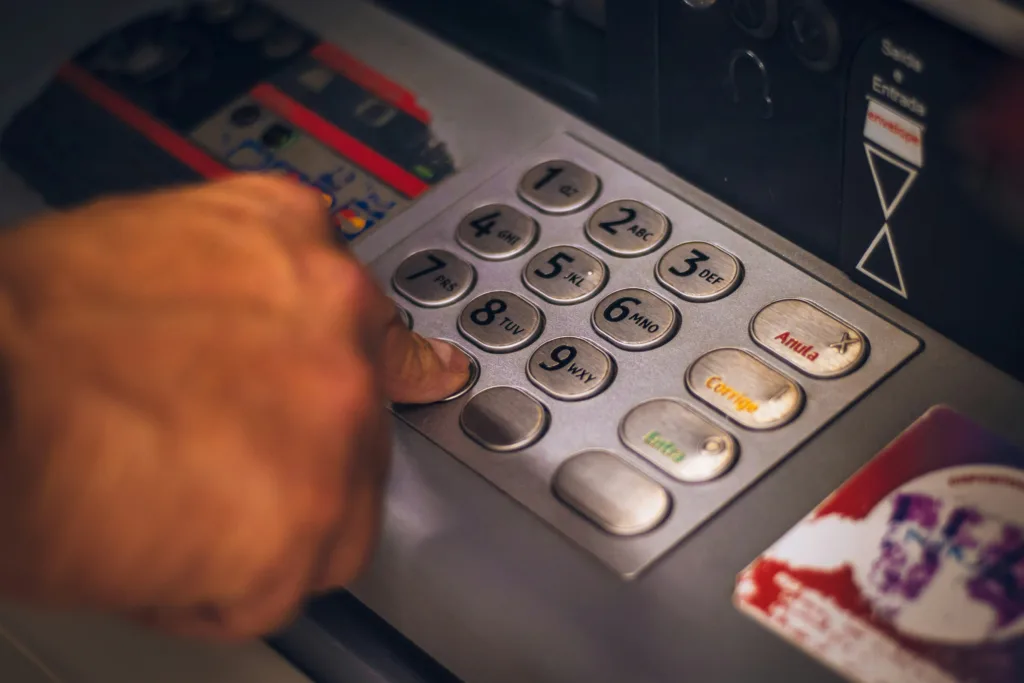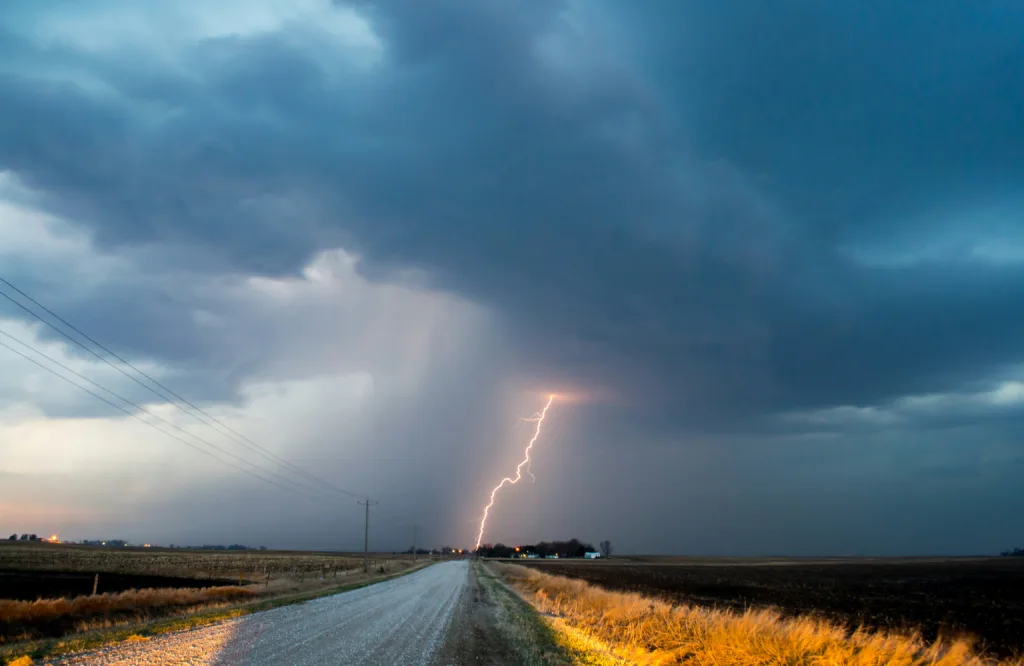The David and Goliath Battle of the Stock Market
In late January 2021, the financial world witnessed a spectacle unlike any other: the GameStop (GME) stock saga. What began as a subreddit-fueled frenzy evolved into a clash between retail investors and institutional giants, challenging conventional wisdom and sparking debates about market manipulation, democratization of finance, and the power of collective action.

The roots of the GameStop saga can be traced back to the subreddit r/WallStreetBets, a community known for its irreverent approach to trading and penchant for high-risk, high-reward strategies. In a classic case of David vs. Goliath, individual investors on the forum identified GME as a heavily shorted stock, meaning that institutional investors had bet on its price declining.

Sensing an opportunity, members of r/WallStreetBets began buying GME shares en masse, driving up the stock price exponentially. What started as a grassroots movement quickly snowballed into a full-blown short squeeze, catching hedge funds and other institutional investors off guard.

As GME‘s price soared to unprecedented heights, reaching over $300 per share at its peak, the financial world took notice. Media outlets scrambled to make sense of the frenzy, while regulators and lawmakers scrambled to respond to the volatility.

The GameStop saga highlighted several key themes:
- Retail Investor Empowerment: The episode demonstrated the power of retail investors banding together through online communities like r/WallStreetBets. It challenged the traditional narrative that individual investors are at the mercy of institutional players.
- Market Dynamics: The GameStop saga exposed flaws in the traditional financial system, particularly around short selling and market manipulation. Critics argued that hedge funds and other institutional investors had manipulated markets for years, and retail investors were simply leveling the playing field.
- Regulatory Scrutiny: The unprecedented volatility in GME and other meme stocks prompted calls for increased regulatory oversight. Lawmakers held hearings to investigate the matter, questioning the role of social media in driving market activity and the potential risks to market stability.
- Long-Term Implications: Beyond the immediate frenzy, the GameStop saga raised broader questions about the future of investing and the role of technology in financial markets. It forced Wall Street to reckon with the power of online communities and the democratization of finance.
While the GameStop saga may have faded from the headlines, its impact continues to reverberate throughout the financial world. It serves as a reminder that the dynamics of markets are constantly evolving and that retail investors have a newfound sense of empowerment in the digital age. Whether it marks a turning point in the democratization of finance or remains a footnote in market history, the GME phenomenon has left an indelible mark on the investment landscape.








